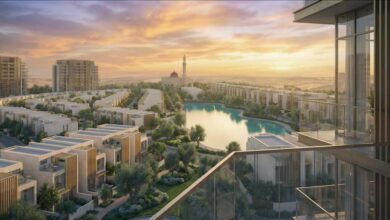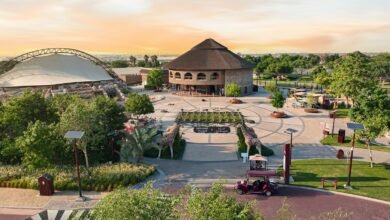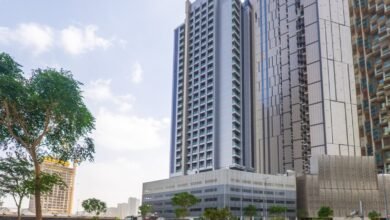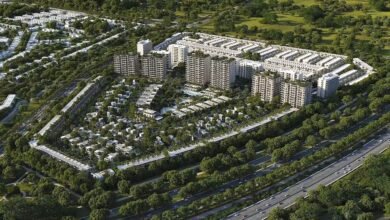BLUE LINE TO TRANSFORM DUBAI’S URBAN ECONOMY,TURN INFRASTRUCTURE INTO WEALTH GENERATOR
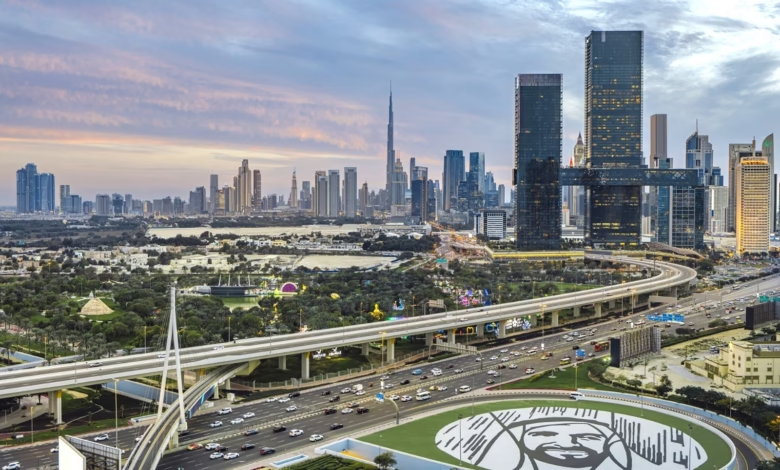
Firas Al Msaadi says Metro expansion to have massive real estate effect, shape Dubai’s future as global, liveable, and investable city
The Dubai Metro Blue Line will transform Dubai’s urban economy, as connectivity becomes the new currency of real estate in the city, turning infrastructure into a wealth generator, a leading property expert says.
Firas Al Msaadi, CEO of fam Properties, said the Blue Line expansion will advance Dubai’s future as a global, liveable, and investable city, bringing massive implications for real estate.
“This is not just a metro expansion, this is a game-changer for Dubai’s urban economy,” says Al Msaadi. “The moment you cut commute time you raise the productivity of the entire city.
“Transportation is not about movement – it’s about time, opportunity, and value creation. With the Blue Line, Dubai is not only connecting nine key districts, it’s connecting people to possibilities.
“Property values in and around the Blue Line – especially Dubai Creek Harbour, Academic City, and Dubai Silicon Oasis – are bound to see a clear upward shift. Connectivity is the new currency of real estate.
“But the impact will be citywide, even for those who never use the metro. Less traffic, smarter logistics, higher efficiency – that’s how infrastructure becomes a wealth generator.
Construction on the megaproject began last week with the laying of the foundation stone for the first station at Dubai Creek Harbour, and Al Msaddi said: “Once completed, this will be one of the most advanced, modern, and high-impact transportation networks in the world.
“But it’s not just about stations – it’s about shaping the future of Dubai as a global, liveable, and investable city. The Blue Line is the foundation of a faster, more productive, more connected Dubai, and the implications for real estate are massive.”
Metro and other transit projects have had a positive impact on residential properties in many major cities. “Dubai will be no different,” says Al Msaadi. “In fact, it may see an even greater impact, because its productivity is impacted by traffic like any global megacity.
“When you reduce commute times, you unlock economic output. People arrive earlier, businesses operate smoother, areas become liveable. You expand the map of investable zones.”
Among the consequences he identifies are:
• More demand for housing in connected districts
• More investor attention to undervalued areas like Academic City, Dubai Silicon Oasis, and International City
• Premium uplift in prime projects near metro lines, with Creek Harbour already in motion
• Higher rental yields for units within walking distance to stations
• Developers will rethink their masterplans with ‘metro-first’ logic
“Transportation is the one thing that benefits everyone, even those not using the metro,” says Al Msaadi. “When others take the train, you drive with less traffic. When a city becomes more fluid, your asset appreciates.
“This is how global capital flows follow infrastructure, and this is exactly the type of move that positions Dubai for long-term competitiveness in global liveability and investment benchmarks.”
